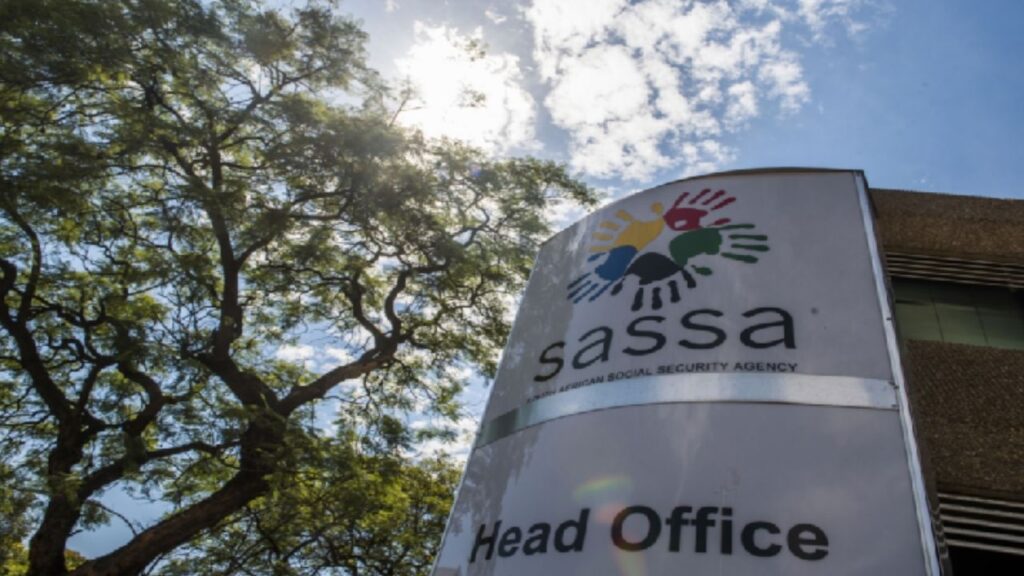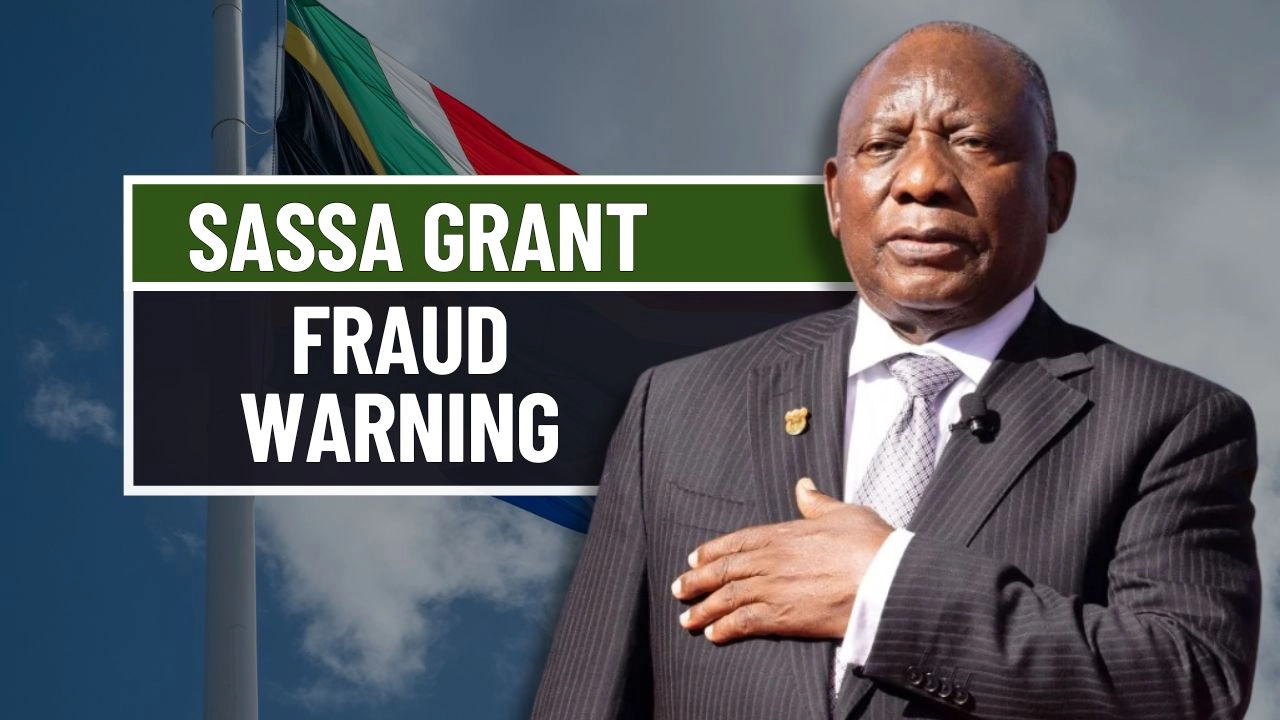South Africa’s Social Security Agency (SASSA) continues to play a vital role in supporting citizens in need, but this system is increasingly being targeted by criminal activity. The growing wave of fraud aimed at grant beneficiaries has made it crucial for recipients to stay informed and protect their entitlements. As scammers evolve their strategies, beneficiaries must be equally adaptive in their defense. This article explores how to recognize fraudulent schemes, keep your grant safe, and what steps to take if you’re affected.
Escalating Scam Activity Threatens Social Assistance Framework
SASSA grants offer essential financial relief for millions across South Africa, including the elderly, people living with disabilities, and low-income families. However, the integrity of this support system is under threat. A surge in deceitful practices has seen criminals siphoning off funds meant for food, shelter, and health needs. Understanding these malicious schemes is critical, as it empowers recipients to guard their grants more effectively.
How Criminals Are Exploiting SASSA’s Beneficiaries

The term SASSA grant fraud covers a broad range of illicit actions where perpetrators unlawfully gain access to grant money. Victims are often deceived through unauthorized transactions, impersonation scams, and data theft. Given the volume of recipients depending on grants such as the Older Persons Grant and Disability Support, these attacks not only strain finances but also cause significant emotional distress to the affected individuals.
Strategies Employed to Deceive Grant Recipients
Fraudsters rely on increasingly advanced techniques to exploit grant beneficiaries. A major tactic is phishing, where individuals receive messages that appear to be from SASSA, urging them to click suspicious links or confirm sensitive information. These communications often come via SMS, WhatsApp, or email and can lead to the complete loss of funds once data is compromised.
Another deceptive method involves con artists pretending to be official agents. These impostors might promise quicker grant approvals or increased payments in exchange for fees. However, SASSA does not charge for processing applications, making such demands a clear red flag.
Card skimming also poses a significant threat. Criminals attach covert devices to ATMs, capturing card data and PINs, which are later used to replicate cards and withdraw funds illegally. Beneficiaries are encouraged to use ATMs in secure locations and shield their PIN during transactions.
Some grant holders also experience unexplained deductions for services they never requested, such as airtime purchases, insurance, or unauthorized loans. These deductions can silently drain funds if not detected early. Monitoring balances frequently can help in catching these irregularities before further damage is done.
Identity theft remains one of the most severe threats. With stolen IDs or grant information, criminals may register under false pretenses, effectively blocking the rightful individual from accessing their benefits. For this reason, it is crucial never to share personal documents or account information with untrusted individuals.
Practical Strategies to Safeguard Your Social Grant
Taking control of one’s financial security starts with simple but powerful precautions. Always protect your SASSA card and create a strong, memorable PIN that others cannot easily guess. Avoid sharing this number even with people you trust and change it immediately if you suspect it has been compromised.
It’s also important to verify the authenticity of any message or call claiming to be from SASSA. The agency will never request personal information via SMS, WhatsApp, or unsolicited emails. When in doubt, beneficiaries should directly contact the official SASSA helpline or consult the organization’s website for accurate information.
Immediate Steps to Take When Fraud is Suspected
Victims of grant fraud must act quickly to limit the potential loss. The first action should be to report the issue to SASSA by calling their toll-free helpline. Provide them with your identification number, the type of grant you receive, and a clear explanation of the suspicious activity.
Simultaneously, the matter should be reported to the South African Police Service (SAPS). Visiting a nearby police station and obtaining a case number ensures that your report is documented for further legal proceedings. If your bank account was compromised, notify your bank to stop further unauthorized deductions or block fraudulent activity.
In cases involving illegal financial deductions, the Financial Sector Conduct Authority (FSCA) is another avenue for recourse. Their website includes step-by-step instructions for lodging complaints and escalating unresolved issues. Sharing this information with others in your community could also prevent further cases of fraud and create a more vigilant network of grant recipients.
Legal Ramifications Await Those Who Commit Grant Fraud
Perpetrators of SASSA-related fraud may incur substantial penalties under the law. Offenders may be sentenced to lengthy prison terms, issued substantial fines, or ordered to repay the stolen money. In many cases, they are also blacklisted, making it difficult to access any formal financial services in the future. By reporting incidents promptly, victims contribute to efforts that hold these criminals accountable and deter future fraud.
Strengthening Your Financial Defense in the Face of Fraud
Although SASSA fraud remains a troubling issue, beneficiaries are not powerless. Through awareness, caution, and timely action, individuals can protect their grants and maintain access to critical financial support. Simple habits like guarding personal information, staying alert to new scam trends, and regularly monitoring account activity can make a significant difference.


